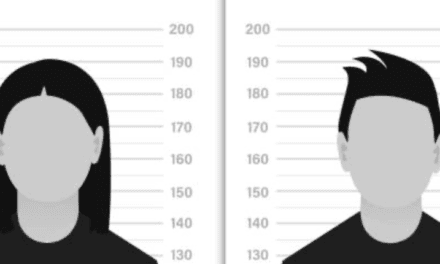Throughout history, religion has played a major role in shaping cultures, architecture, art and politics. However, in modern times it is undeniable that religion (at least in more developed countries) has mostly been losing its significance and influence in people’s everyday lives. So nowadays, what influence does religion have on Europe, a region once dominated by religious organizations.
In Europe, religions before Christianity were predominantly polytheistic, however ever since its inception, Christianity has spread like wildfire throughout all of Europe. The religion was here to stay, as the largest group of religious people in Europe today still are Christians. The only notable minority are Muslims, the biggest reason for that being many migrations from the Middle East. European missionaries were most commonly sent to foreign countries to spread Christianity. They were infamous for forcing Christianity onto many groups of people, consequently stripping away their unique culture and religion. Nowadays, however, modern missionaries do not only spread Christianity, but also offer humanitary help. They have improved the lives of many people, however many organisations have criticized them, because they believe that the missionaries can/should offer humanitary help without forcing their faith upon others. Secularization is a process in which religion loses its cultural and social significance and influence. This means that culture, education, science, economy, political life and most institutions develop according to their own norms, which are independent of religion. Europe (especially the more developed parts) claim that they are secular, and Europe did face a lot of secularization in the 19th and 20th century. However, the influence of religion can still be seen in some aspects of politics, especially the far right side. A good example of religion’s presence in modern politics is the Treaty of Lisbon. Apart from other things, the Treaty of Lisbon allowed for official discussions between the Catholic Church and the European Parliament. Despite EU leaders denying this, the treaty made it clear religion still holds an importance in modern politics.
While western Europe claims to be acceptive towards many different kinds of people, that might not be the case. The refugee crisis in 2015 has suddenly changed Europe’s demographics. As many surveys show, a lot of Europeans associate the Muslim population with the refugee crisis or fanatic terrorists, not giving them the best reputation. Despite commonly held beliefs, higher rates of unemployment of the Muslim population are largely due to a lack of language skills, inter-ethnic social ties, and a traditional view of gender roles, while discrimination causes only a small part of unemployment. Another thing pointing to Europe’s unwillingness to accept Muslims is the prohibition of their religious symbols (clothes). While countries argue that this is to prevent social conflict and discrimination, the ban might have some ulterior motives. Muslims are also hardly accepted because some of their traditional and fanatic traditions, which are against European modern values.
To conclude, while Europe claims to be secularized and acceptive towards different religious groups, it has shown that that might not be the case. So despite its claims, Europe still needs to learn to seperate religion and politics, and accept different types of people, regardless of their faith.
Written by: Danijel Pogorevc









